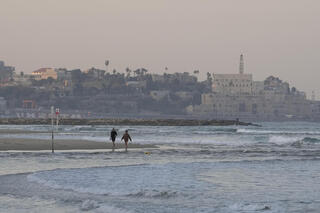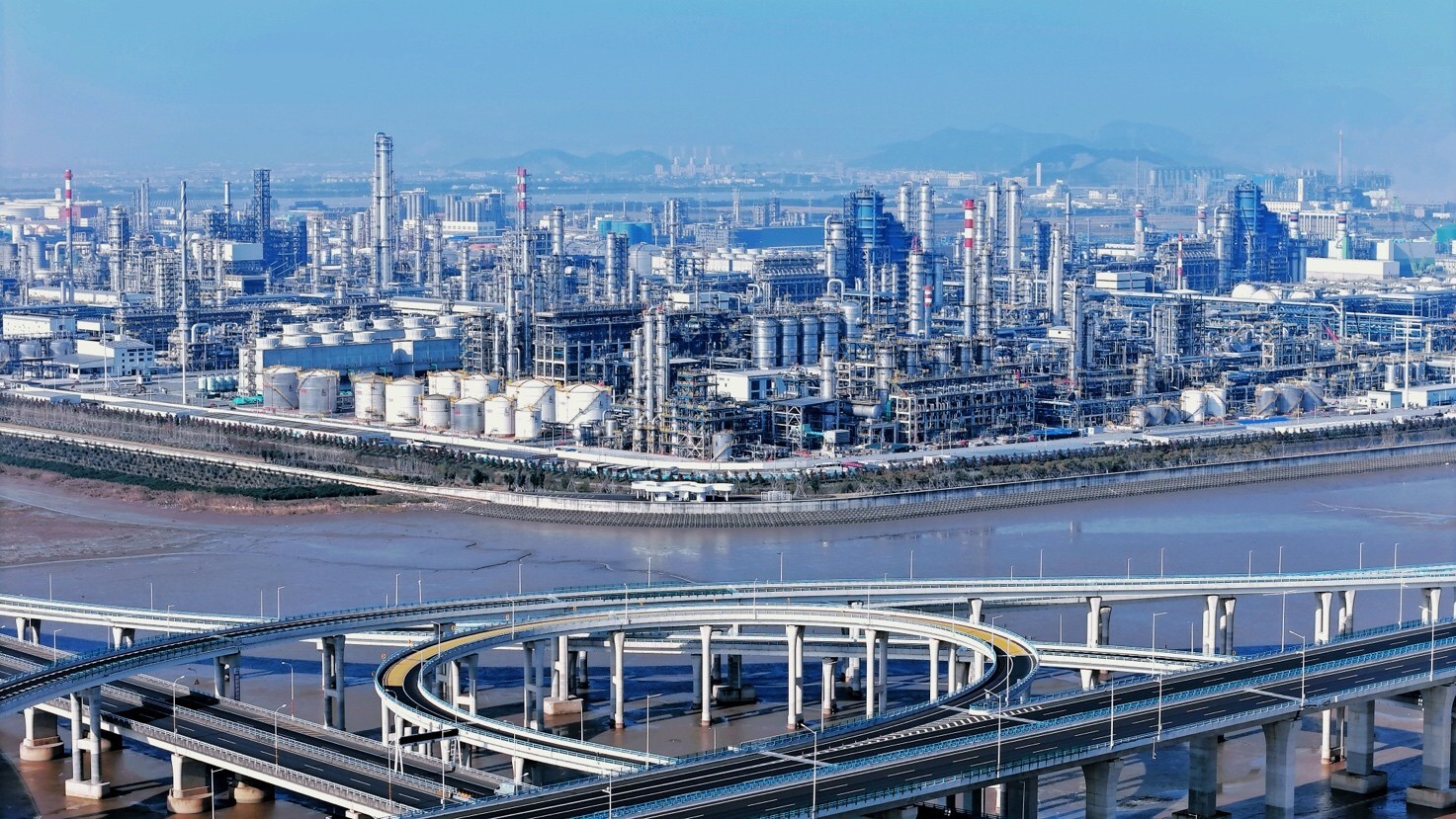
The Meteorological Service reported in an update that the amount of precipitation that has fallen since the beginning of the season and so far across the country is significantly lower than the multi-year average for this period and stands at 50%-70% in the north of the country and only 25%-30% in the center of the country. 2 View gallery Tel Aviv beach ( Photo: AP Photo/Matias Delacroix ) For now, there is no rain in sight over the next two weeks. At the same time, temperatures are high for the season with 23°C in Tel Aviv, 21°C in Haifa, 22°C in Be'er Sheva and 18°C in Jerusalem.
"It's already been a week or two without rain. December is a central month in winter, it's the first month of winter and all the phenomena that we are used to such as storms, lightning and thunder, are far away in Europe, creating a dry situation here," said the director of the Meteorological Service, Dr. Amir Givati.

He referred to the fact that last month there was heavy rain in a short period of time, and the temperatures were also significantly lower than usual for the season. "It really turned around for us. In November we experienced a kind of a cold autumn, and it was really cold.
" "In the mountains, it felt like January, and then it turned around and on Saturday it was 25°C in Tel Aviv," he said. "It will continue like this in the coming days, sometimes the temperatures will drop a little, but it really doesn't feel like winter." "When we connect this to the beginning of the season, it's true that there were heavy rains, but it was for a short time in the Haifa area.
We remember the unusual flooding. But since then it has disappeared," he said. Givati spoke about the consequences of climate change, which is caused by the burning of fossil fuels.
"We have no precipitation and no storms. But when it does happen, it happens sharply and even violently," he said. "We go from dry to suddenly flooding and inundations.
As we approach the second half of December, we don't see a rain system. Let's hope that Hanukkah will feel like winter, but right now we don't see it, it's really getting away from us." 2 View gallery Surfers in Tel Aviv ( Photo: AP Photo/Matias Delacroix ) According to the updated forecast of the European Centre for Medium-Range Weather Forecasts (ECMWF), the amount of precipitation in the main winter months (December - February) in our area will amount to about 70%-75% of the multi-year average in the north of the country and about 80% of the multi-year average in more southern areas of the country.
Get the Ynetnews app on your smartphone: Google Play : https://bit.ly/4eJ37pE | Apple App Store : https://bit.ly/3ZL7iNv The Meteorological Service explained that a climatic drought is defined as a situation in which the amount of precipitation is about 80% or less of the multi-year average (there are countries where the definition is more strict with 70% of the average), so at least according to the long-term forecasts we are headed for a climatic drought and probably also an agricultural drought in the coming months.
"This means that we will need more irrigation and more additional water, to really deal with this drought," Givati concluded. "Fortunately for us, the water sector is prepared to deal with such years. Other countries around us are much less prepared for such conditions.
Israel is in a better situation, but we would still be happy if the rain had fallen on time." Israel will not be the only affected country in the region, with several other countries feeling the dry climate after a warm November. >.















